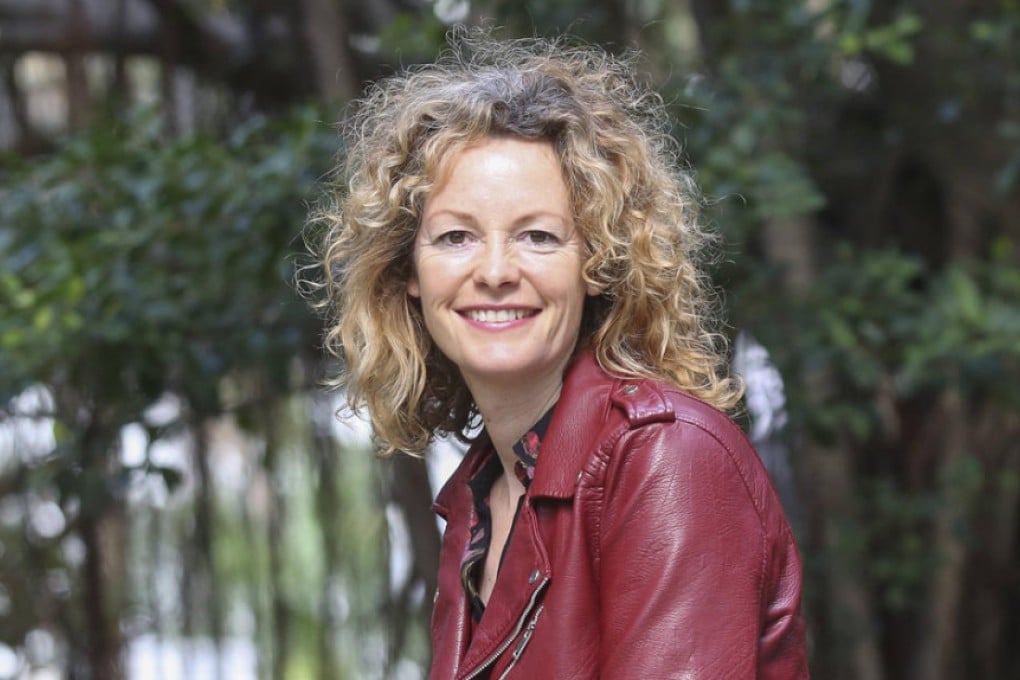Interview: BBC presenter Kate Humble on growing up wild
The BBC television presenter tells Sarah Lazarus that she got her big break by mistake.

W I was born in London but I was such a handful that my parents, seeking more space, decided to move to Berkshire. We lived in a house next to a farm, down a muddy track, surrounded by fields, so the scene was set for me to become an incorrigible tomboy - something I've never really grown out of. My childhood was spent outdoors and it was heavenly. I'm grateful that I was born before the days of 24-hour television, mobile phones and social media. Instead I made camps, climbed trees, went for bike rides, rode horses and helped look after the animals on our neighbour's farm.

I got into TV presenting by mistake. After I returned from travelling, I started work as a production assistant on a show called Animal Hospital. I absolutely loved it. After that I was asked to work on the Holiday programme. On my second day, my boss called me into his office and asked if I'd be interested in presenting. I wasn't, but they asked if I would do a screen test. I had to walk along the banks of the River Thames, talking to camera and interviewing people. I had huge 1980s hair and it was a very windy day and it was blowing everywhere. I assumed nothing would come of it but some time later my boss said, "We'd like you to go to France and present a piece on a barge in Normandy. And please do something about your hair."
Many people are terrified of presenting live TV but I love the immediacy of it. One of my early jobs was on a daily programme called City Hospital and this gave me experience doing live TV that wasn't in a studio, wasn't scripted and was extremely unpredictable. My first gig for the BBC's Natural History Unit was a live, deep sea programme in the Cayman Islands. We went down in a submarine to film the six-gilled shark. It lives at 300 metres and below and is rarely seen. It finally appeared on our second descent. I knew we wouldn't get another chance, so I leapt into action and recalled everything I'd learned about the six-gilled shark very quickly. I was beside myself with excitement - I'm not very cool on TV, as everyone knows.
A series called Wild in Your Garden followed and that eventually turned into Springwatch. It was quite an eccentric idea. For four evenings a week, over a three-week period, me and two other presenters gave a live, peeping-tom-type view of Britain's wildlife at a really dynamic and exciting time of year - spring, the breeding season. We had tiny cameras hidden in trees and nest boxes and badger setts, so we could follow the animals 24 hours a day. It turned out to be an incredibly gripping natural soap opera: would the little fledgling bird survive? Would its mother escape the neighbour's cat? It became a surprise hit and then a massive phenomenon - at its peak we had four million people watching every night. Viewers became completely wrapped up in it and we, the presenters, were on the edge of our seats along with the audience.
